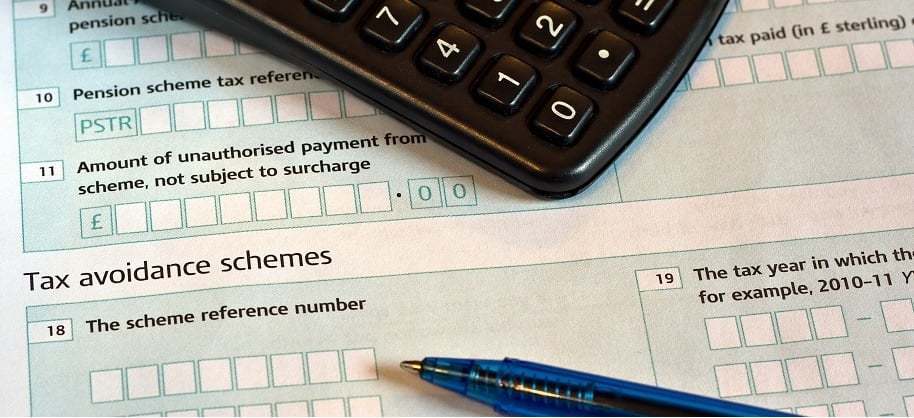
HMRC has published Spotlight 49 in order to prevent the usage of disguised remuneration schemes to avoid tax liability on income, despite continued promotion of such schemes by financial advisors, tax advisors and accountants.
Previous guidance 39 and 36 state that “HMRC is aware of schemes that claim to avoid the 2019 loan charge on disguised remuneration. These schemes don’t work.“
What is Disguised Remuneration?
Disguised remuneration schemes are schemes that seek to avoid Income Tax and National Insurance contributions by paying users their income in the form of loans that are never repaid. However, as the loans were never intended to be repaid, they do not differ to normal income and are therefore taxable.
The most common forms of disguised remuneration in recent years have been Employee Benefit Trusts and unregulated pension schemes known as Employer Financed Retirement Benefit Schemes, both of which have now been identified by HMRC as Disguised Remuneration Schemes.
The 2019 Loan Charge
The 2019 loan charge, which is the charge on outstanding disguised remuneration loans, is a government measure aimed at tackling this type of income tax avoidance. Having previously been announced at Budget 2016 and was introduced in the Finance Act (No 2) 2017, the charge will apply to all loans made since 6 April 1999 if they are still outstanding on 5 April 2019.
HMRC has issued a briefing encouraging people to come forward and settle their tax affairs before the 2019 loan charge comes into effect on 5 April 2019. This charge will not arise on outstanding loans if the user has agreed or is progressing towards settlement with HMRC before 5 April 2019.
Since the loan charge was announced, HMRC has agreed settlements on disguised remuneration schemes with employers and individuals worth more than £1 billion. Around 85% of this amount was collected from employers, with less than 15% from individuals.
Am I liable for tax under a scheme I entered into?
If the scheme you have entered into falls within the definition of a disguised remuneration scheme, an account of the tax liabilities on this income will have to be made to HMRC.
Payment of any tax owing can be demanded some time after you entered into the scheme together with additional penalties.
HMRC has written to individuals it knows to be involved in disguised remuneration schemes to encourage them to come forward and settle before the loan charge applies. Once HMRC is aware of the disguised remuneration scheme then an Accelerated Payment Notice may be issued for payment. Loan scheme users have a choice to:
- Repay the loans that they took out;
- Settle the tax due; or
- Pay the loan charge on balances that are outstanding in April.
Need Expert Tax Advice?
If you have entered into a disguised remuneration scheme (or any other tax avoidance scheme), it is important you seek legal advice as soon as possible.
Whether you are an employer, employee or contractor, our expert tax solicitors and barristers can assist you in managing HMRC’s investigation and entering into negotiations by providing comprehensive legal advice and robust responses to the investigators. Our tailored team which also comprises of specialist forensic accountants can calculate what you owe and make representations on your behalf to HMRC.
